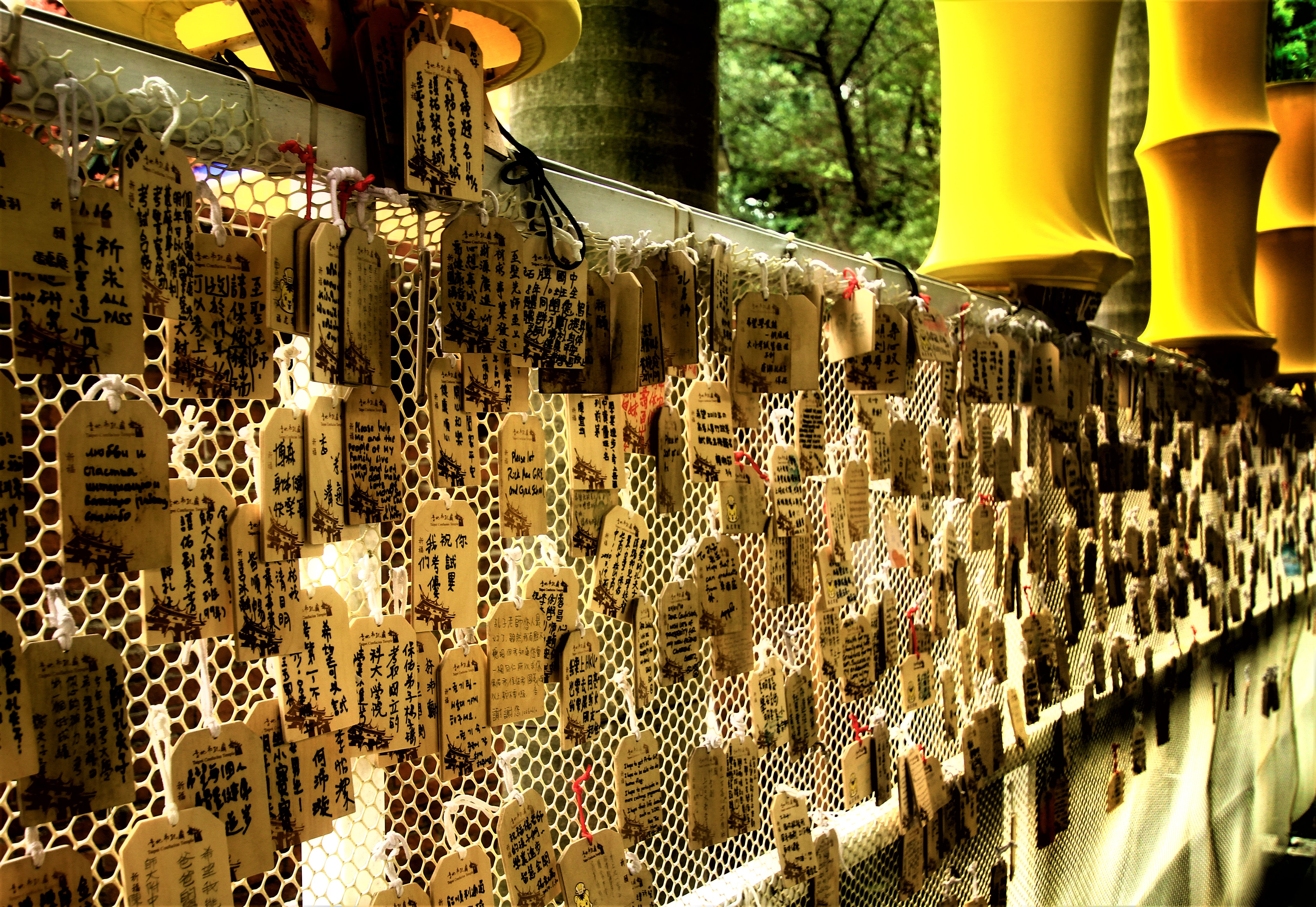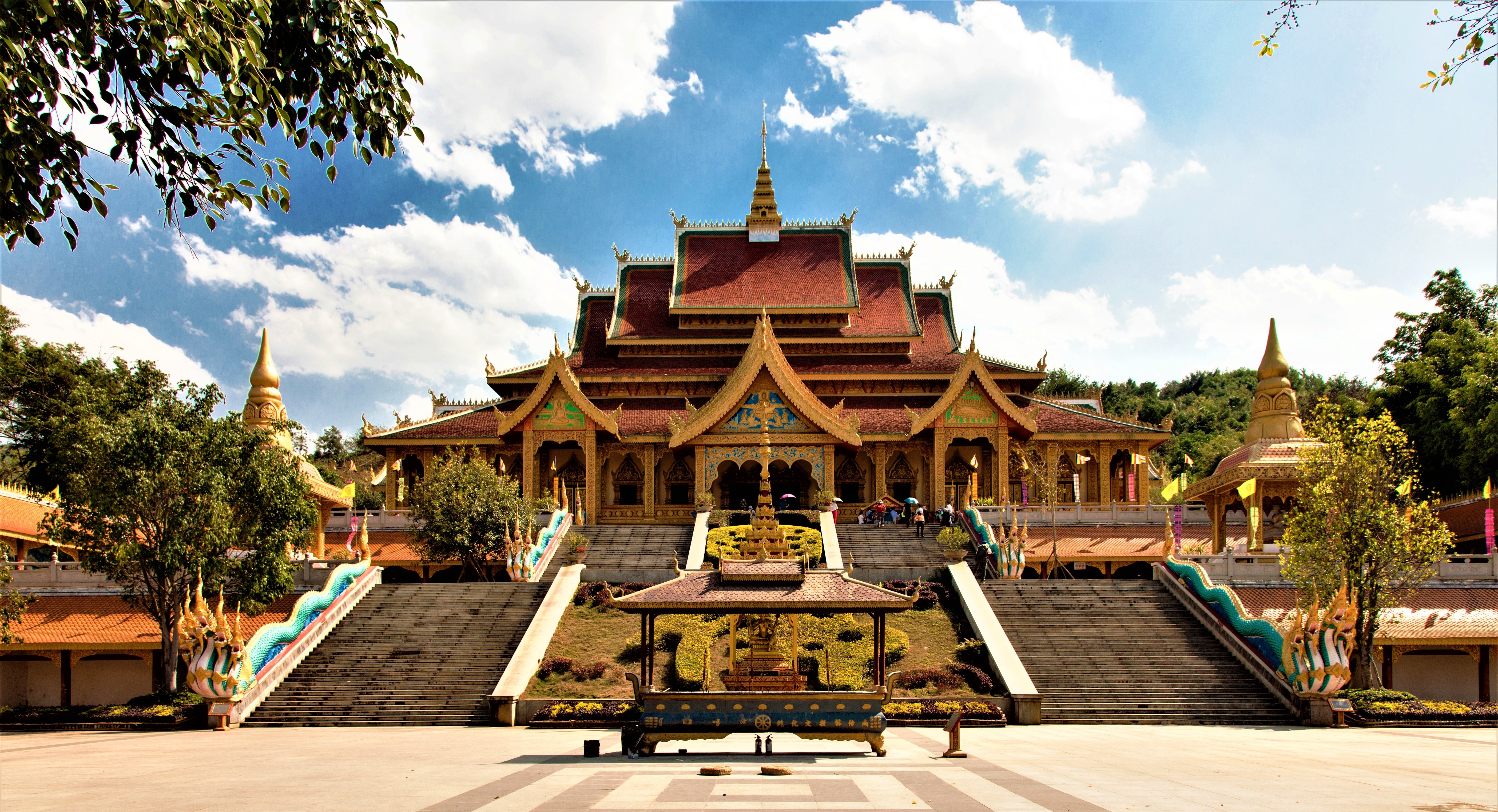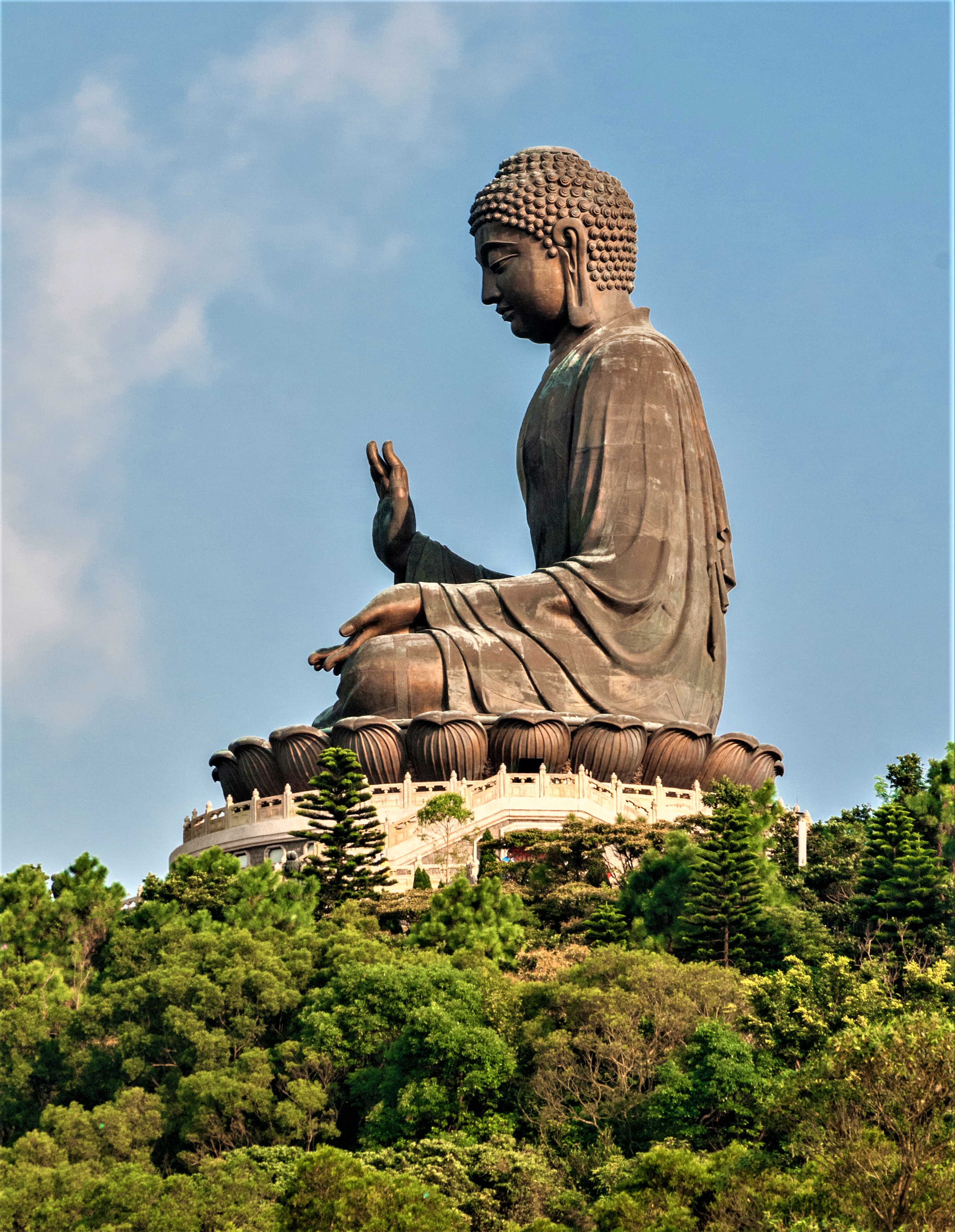Text: Žikica Milošević
When the western critics say that China needs more democracy, the Chinese reply, is that West needs more harmony. Democracy as conceived in the west has little to do with the traditional collective spirit of the Asians, both Communist and Capitalist, ranging from Japan to Korea and Vietnam to China. And here, the harmonious relations are the most important. No individual can thrive if the society goes down.

HARMONY FIRST
Needless to say, this concept has deep roots. In the long history of Chinese civilisation, harmony has always been a highly valued virtue. Chinese people have always put an emphasis on harmony. It encompasses the fundamental principles of nature, society and humanity. It is also a prerequisite for cultivating one’s morality, protecting one’s family, governing one’s nation and stabilising the world. Harmony is at the core of Chinese traditional culture. It originates in the family, and this is how you plan to organise a society and the whole state, right?
FROM CONFUCIUS ON
It all has to do something with Confucius, as everything in China does. To many people, harmony means open-mindedness and a balance of firmness and gentleness. It means, a proper equilibrium. But it is for a person. For a community, it means that people get along with each other peacefully and amicably. The ancient Chinese people, however, didn’t sacrifice their principles in their pursuit of harmony. “Gentlemen are harmonious but aren’t the same as each other. Lesser men are all the same, yet they are not harmonious.” says Confucius, in his Analects of Confucius. You don’t have to be spineless as many people think, to get along with others. It is about the respect. No matter what, “admiration of Harmony” has always been an esteemed moral tradition of the Chinese nation.
THREE PILLARS OF THOUGHT
To make things more complicated, in China the ancient religions often interlace and overlap. Like in Japan, where, people say, 80% of them are Buddhists and 80% of them are Shintoist. Which means there is no 160% of the population, but the same person respects mutiple religions. The Chinese case is even more complicated, since religion was supressed at some instant, and if we count Confucianism as a religion (it is a combination of that and a philosophy, but hey, which religion is not?), we have not-particular-theism combined with yet another religion, individualistic Taoism and omnipresent Buddhism. And in all of them, not surprisingly, harmony rules over everything. Which led us to the fact that China never colonialise others even if it had superior economy and weapons and a monstrous fleet. They conquered with science, alphabet, culture, customs, calendar, although they were fierce warriors. The world’s culture – pottery, for instance, was invented in China. The Chinese pictograms are enormously complicated for use but they are still there. A combination of old principles and new development, all in harmony, is what is spirit of China today. And of course, pragmatism. One country – two systems, is perhaps the most original way to unite one country, and Chinese spirit of harmony is yet to come and be studied, carefully.




